No matter how much you love your kids, no matter how strongly you want to protect them and guide towards what you believe are the best decisions, at some point they’re going to grow up and lead their own lives. Past a certain age, you just have to face the reality that your while they’ll always be your children, they’re also now adults, and you have to accept them as the people they’ve chosen to become.
Or, alternatively, you could harbor resentment towards them, like the men polled for this survey of the top 10 ways Japanese fathers are disappointed in their daughters.
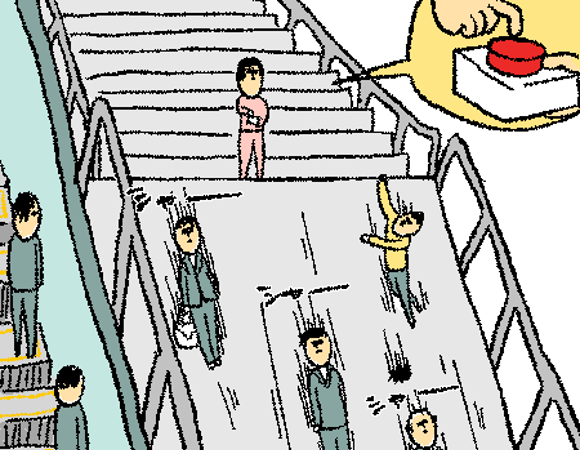


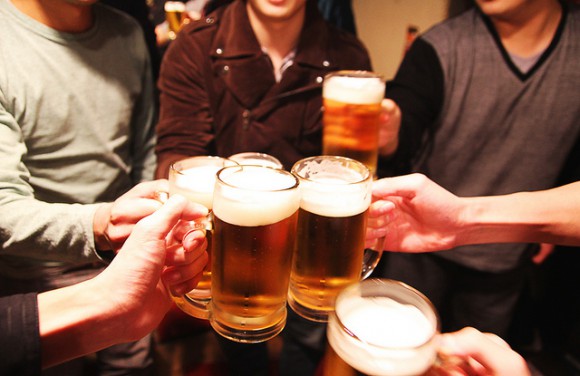
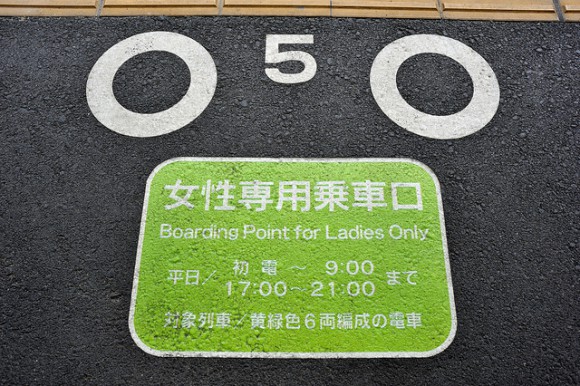




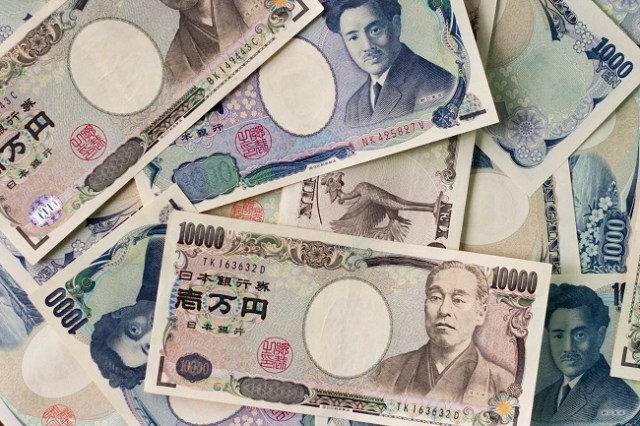
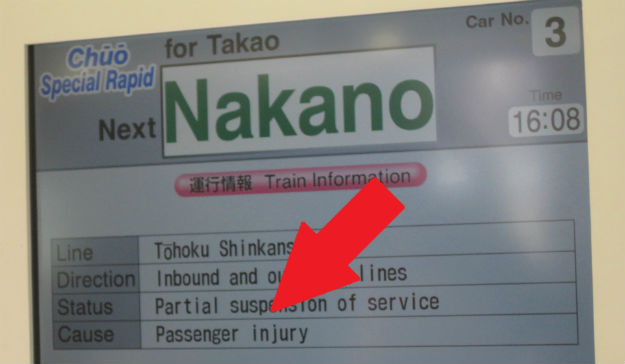



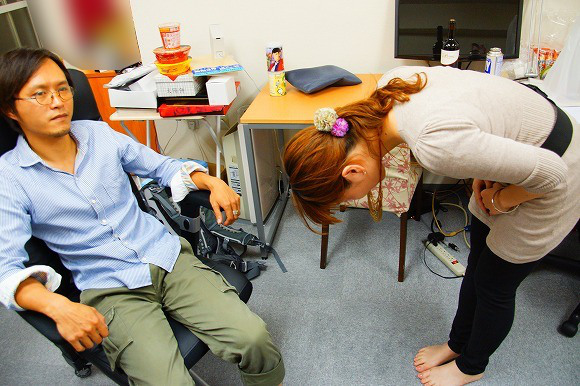
 “Mt. Fuji convenience store” issues apology for bad tourist manners, adds multilingual signs
“Mt. Fuji convenience store” issues apology for bad tourist manners, adds multilingual signs The best kebab in Tokyo? We find out if Moses in Shibuya lives up to the hype
The best kebab in Tokyo? We find out if Moses in Shibuya lives up to the hype Studio Ghibli releases new mug and tumbler collection featuring Jiji and Totoro
Studio Ghibli releases new mug and tumbler collection featuring Jiji and Totoro A guide to riding the Shinkansen bullet train with a terrible-twos kid
A guide to riding the Shinkansen bullet train with a terrible-twos kid Is the absolute closest conveyor belt sushi to Akihabara Station any good? Let’s find out!
Is the absolute closest conveyor belt sushi to Akihabara Station any good? Let’s find out! Tokyo sweets store sells beautiful soft serve ice creams that look like works of art
Tokyo sweets store sells beautiful soft serve ice creams that look like works of art Godzilla leather wallet will make you feel like the King of the Monsters and lord of fashion
Godzilla leather wallet will make you feel like the King of the Monsters and lord of fashion Starbucks Japan adds a Wimbledon Frappuccino to its menu for a limited time
Starbucks Japan adds a Wimbledon Frappuccino to its menu for a limited time Kumamoto Governor embroiled in flower scandal
Kumamoto Governor embroiled in flower scandal Pouches that play the Yobikumi-kun Japanese supermarket jingle on sale now
Pouches that play the Yobikumi-kun Japanese supermarket jingle on sale now McDonald’s Japan’s new pancake pie is a taste sensation
McDonald’s Japan’s new pancake pie is a taste sensation Bad tourist manners at Mt Fuji Lawson photo spot prompts Japanese town to block view with screens
Bad tourist manners at Mt Fuji Lawson photo spot prompts Japanese town to block view with screens FUK COFFEE?!? Japanese cafe has a perfectly innocent reason for its startling-looking name
FUK COFFEE?!? Japanese cafe has a perfectly innocent reason for its startling-looking name Studio Ghibli unveils new goods that tip the hat to The Cat Returns
Studio Ghibli unveils new goods that tip the hat to The Cat Returns How to make a secret rice bowl at Ichiran ramen
How to make a secret rice bowl at Ichiran ramen One of Japan’s oldest castles now lets travelers spend night on the grounds, drink in its keep
One of Japan’s oldest castles now lets travelers spend night on the grounds, drink in its keep Foreigner’s request for help in Tokyo makes us sad for the state of society
Foreigner’s request for help in Tokyo makes us sad for the state of society Two things to do, and two things not to do, when leaving a traditional Japanese inn
Two things to do, and two things not to do, when leaving a traditional Japanese inn Japan has nearly 4 million abandoned homes, but where and why?
Japan has nearly 4 million abandoned homes, but where and why? McDonald’s new Happy Meals offer up cute and practical Sanrio lifestyle goods
McDonald’s new Happy Meals offer up cute and practical Sanrio lifestyle goods Our Japanese reporter visits Costco in the U.S., finds super American and very Japanese things
Our Japanese reporter visits Costco in the U.S., finds super American and very Japanese things Japanese ramen restaurants under pressure from new yen banknotes
Japanese ramen restaurants under pressure from new yen banknotes All-you-can-drink Starbucks and amazing views part of Tokyo’s new 170 meter-high sky lounge
All-you-can-drink Starbucks and amazing views part of Tokyo’s new 170 meter-high sky lounge More foreign tourists than ever before in history visited Japan last month
More foreign tourists than ever before in history visited Japan last month Disney princesses get official manga makeovers for Manga Princess Cafe opening in Tokyo
Disney princesses get official manga makeovers for Manga Princess Cafe opening in Tokyo French Fries Bread in Tokyo’s Shibuya becomes a hit on social media
French Fries Bread in Tokyo’s Shibuya becomes a hit on social media Sales of Japan’s most convenient train ticket/shopping payment cards suspended indefinitely
Sales of Japan’s most convenient train ticket/shopping payment cards suspended indefinitely Sold-out Studio Ghibli desktop humidifiers are back so Totoro can help you through the dry season
Sold-out Studio Ghibli desktop humidifiers are back so Totoro can help you through the dry season Japanese government to make first change to romanization spelling rules since the 1950s
Japanese government to make first change to romanization spelling rules since the 1950s Ghibli founders Toshio Suzuki and Hayao Miyazaki contribute to Japanese whisky Totoro label design
Ghibli founders Toshio Suzuki and Hayao Miyazaki contribute to Japanese whisky Totoro label design Tokyo’s most famous Starbucks is closed
Tokyo’s most famous Starbucks is closed Doraemon found buried at sea as scene from 1993 anime becomes real life【Photos】
Doraemon found buried at sea as scene from 1993 anime becomes real life【Photos】 One Piece characters’ nationalities revealed, but fans have mixed opinions
One Piece characters’ nationalities revealed, but fans have mixed opinions We asked a Uniqlo employee what four things we should buy and their suggestions didn’t disappoint
We asked a Uniqlo employee what four things we should buy and their suggestions didn’t disappoint Tokyo sweets store sells beautiful soft serve ice creams that look like works of art
Tokyo sweets store sells beautiful soft serve ice creams that look like works of art Godzilla leather wallet will make you feel like the King of the Monsters and lord of fashion
Godzilla leather wallet will make you feel like the King of the Monsters and lord of fashion Starbucks Japan adds a Wimbledon Frappuccino to its menu for a limited time
Starbucks Japan adds a Wimbledon Frappuccino to its menu for a limited time Kumamoto Governor embroiled in flower scandal
Kumamoto Governor embroiled in flower scandal Pouches that play the Yobikumi-kun Japanese supermarket jingle on sale now
Pouches that play the Yobikumi-kun Japanese supermarket jingle on sale now Bad tourist manners at Mt Fuji Lawson photo spot prompts Japanese town to block view with screens
Bad tourist manners at Mt Fuji Lawson photo spot prompts Japanese town to block view with screens Celebrate Cat Day in Japan with these delicious cat doughnuts from Ikumi Mama Animal Doughnuts
Celebrate Cat Day in Japan with these delicious cat doughnuts from Ikumi Mama Animal Doughnuts Pokémon and 158-year-old Kyoto sweets shop team up for Pokémon wagashi confectionery line【Pics】
Pokémon and 158-year-old Kyoto sweets shop team up for Pokémon wagashi confectionery line【Pics】  One of Tokyo’s most famous meeting-spot landmarks is closing for good
One of Tokyo’s most famous meeting-spot landmarks is closing for good Manga artist raises question online about false perspective in Ghibli film My Neighbor Totoro
Manga artist raises question online about false perspective in Ghibli film My Neighbor Totoro Is it OK to bite through your ramen noodles while slurping them in Japan? Internet debates
Is it OK to bite through your ramen noodles while slurping them in Japan? Internet debates Leader of political party that refuses to pay NHK ordered to pay NHK
Leader of political party that refuses to pay NHK ordered to pay NHK Domino’s Japan now sells…pizza ears?
Domino’s Japan now sells…pizza ears?